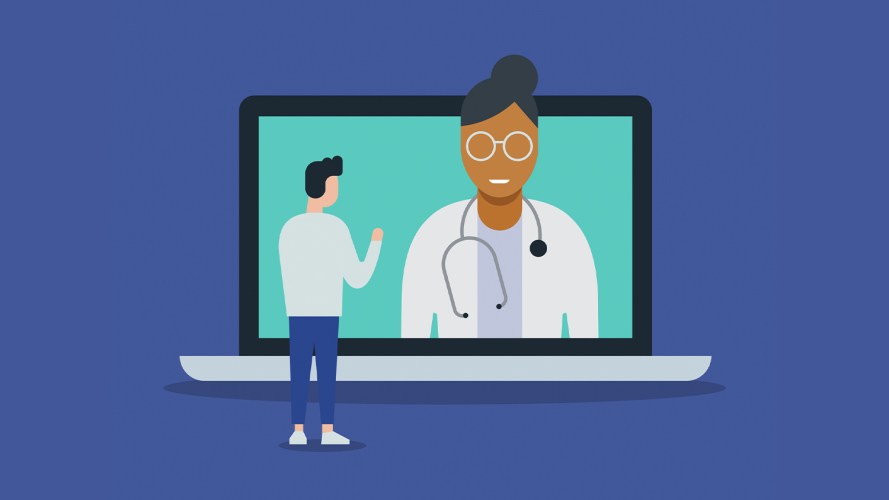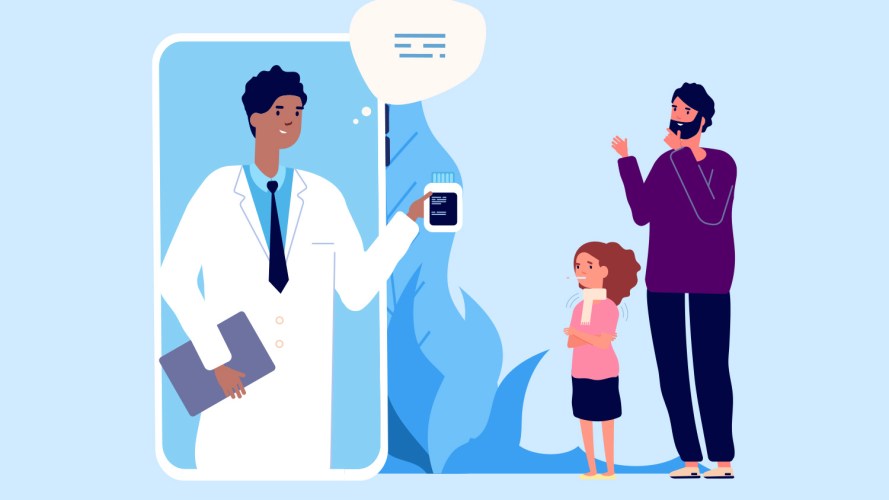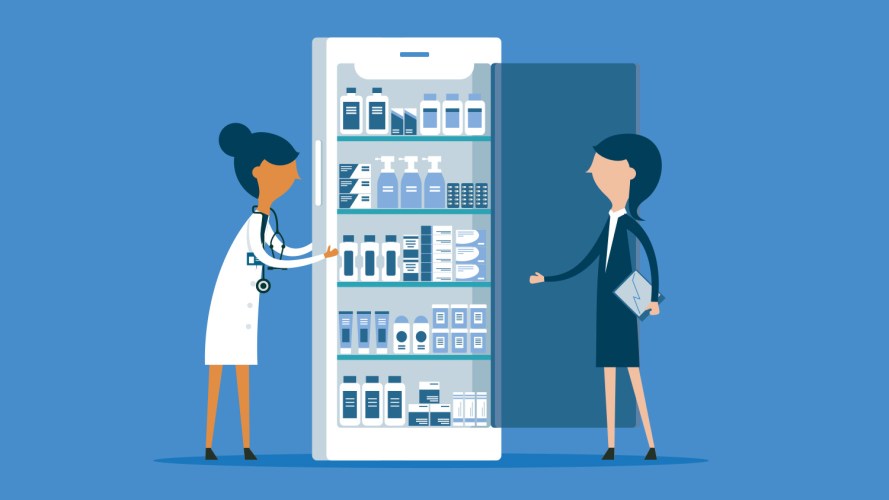4 Ways Pharmaceutical Companies Can Drive Patient Engagement
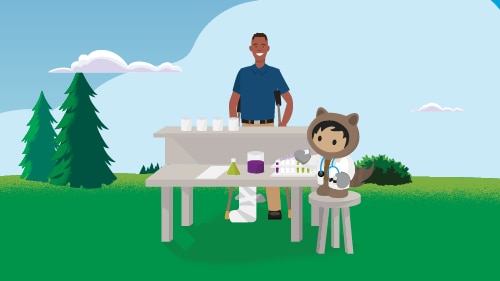


Successful pharmaceutical companies transform their approach and develop engagement strategies with the end-consumer in mind.

Jennifer Turcotte
Today, pharmaceutical companies are transforming their approach and developing engagement strategies with the end-consumer in mind. According to a global study of nearly 6,000 healthcare consumers, there are areas where pharmaceutical companies excel, while other areas need improvement. Read on for the biggest takeaways.
Customer support is paramount

As we enter 2020, the needs of healthcare consumers will have to be prioritized along with other business needs. But, where should pharmaceutical companies focus their consumer-facing efforts? This global study found that 71% of consumers say it’s very important pharmaceutical companies provide good customer support. That’s not surprising given they expect the same great experiences they receive from retailers, consumer goods companies, and leaders in the travel industry.
Pharmaceutical companies are expanding the way they support their various stakeholders, including consumers and patients by providing cross-channel support via phone, SMS/text, webchat, email, and social media. Ideally, customer support or patient services representatives have a single view of the healthcare consumer with details about their previous interactions and interests. This enables them to deliver relevant, personalized service and create an ongoing relationship.
Sixty-two percent of healthcare consumers also expect pharmaceutical companies to provide medication education. Another 57% emphasize the need for ongoing support to ensure they manage medications properly and take the correct dosage. The message is clear: pharmaceutical companies must provide more medication support and have a better understanding of which patients are (or are not) adhering to therapy to help improve outcomes.
Patient-centricity boosts engagement
Pharmaceutical companies must connect all consumer touchpoints to increase engagement, drive preference, and improve outcomes. However, healthcare consumers currently find communications efforts difficult to comprehend. Just 14% say they completely understand them and only 6% strongly feel that all communications are relevant. This is, in large part, due to regulations that prevent truly personalized communications. Pharmaceutical companies rely on broader marketing campaigns (TV, newspapers, ads, and health websites) to drive consumers to their site where they might be able to capture specific data (if the consumer or patient provides it).
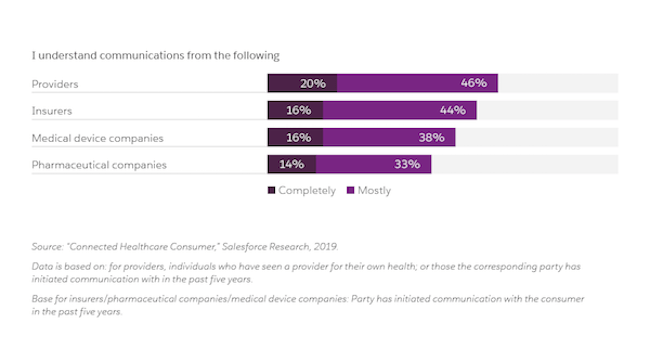
And while offers and rebates are nothing new for the industry — 51% of healthcare consumers say it’s very important they receive them. Now, the industry is undergoing a change, and there is a shift at the point in which pharmaceutical companies find patients on their journey. Pharmaceutical companies want to reach patients sooner than at the point of diagnosis and before a therapy is chosen. They want to be able to offer ongoing support to the healthcare consumer throughout their entire therapeutic experience.
Community builds loyalty and advocacy
Healthcare and life sciences marketers collectively cite online communities as the top channel for customer retention and advocacy. People with the same health conditions often gravitate to one another to share experiences. In the pharmaceutical industry, healthcare consumers can use a patient community to provide feedback, offer tips, and learn about medications.
More than half of healthcare consumers express interest in patient communities with interest rising in younger generations. While 43% of silents/baby boomers think online patient communities are important that number rises to 61% for millennials.
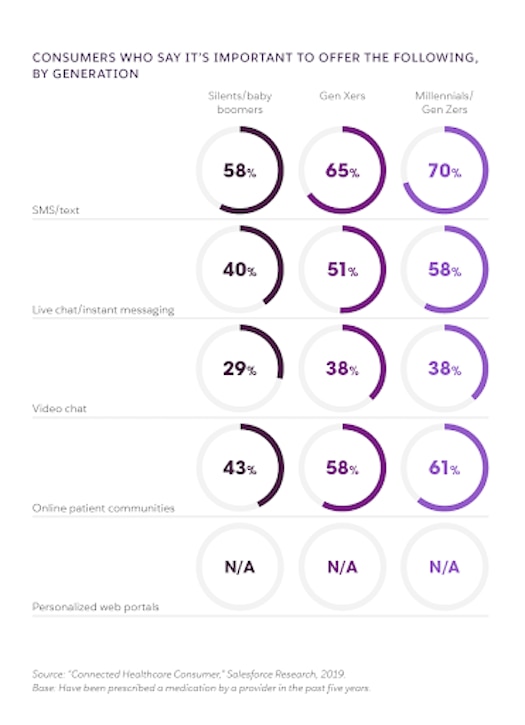
Improved health outcomes
With improved customer support and closer connections with healthcare consumers, pharmaceutical companies can proactively engage with patients on their preferred channel to deliver a more relevant and personalized experience that drives better health outcomes.
Find out what healthcare consumers want across the healthcare and life sciences industry in the Connected Healthcare Consumer report.

